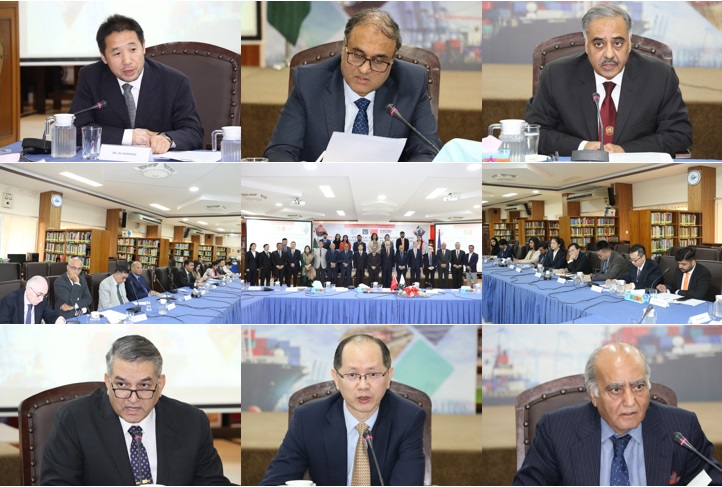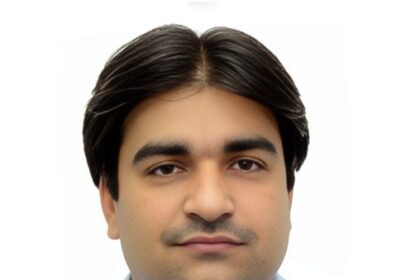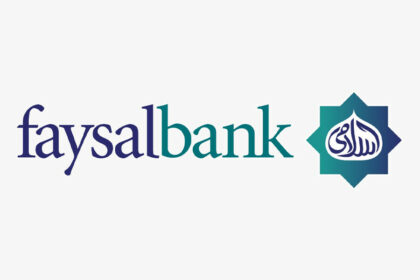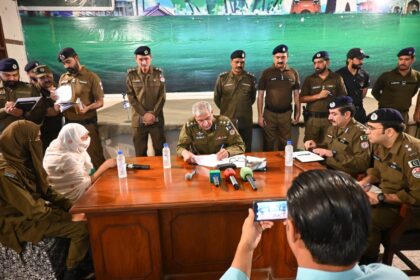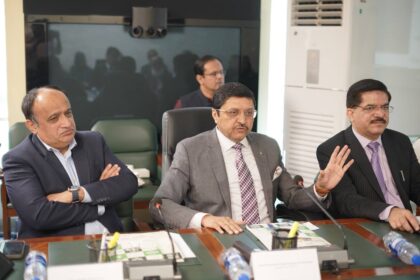The Institute of Strategic Studies Islamabad hosted the Fourth Pakistan China Think Tank Forum in partnership with the China Institutes of Contemporary International Relations, focusing on strategic and practical cooperation in a shifting international and regional landscape. The event brought together senior diplomats, scholars, and academics from both countries to discuss global developments, regional dynamics and the implementation of CPEC Phase-II.
Ambassador Sohail Mahmood described the forum as an institutional mechanism under the Joint Working Group on International Cooperation of CPEC and stressed its role as an intellectual and policy platform. He emphasized that CPEC is more than infrastructure, calling it a comprehensive instrument for socio-economic transformation and regional connectivity. Phase-II priorities outlined include industrialization, technological cooperation, a green transition, agricultural modernization and human resource development, with special emphasis on knowledge-driven initiatives and vocational training aligned to the Pakistan China Forum agenda.
Dr Hu Shisheng, leading the CICIR delegation, reaffirmed the resilience of China–Pakistan relations and noted that recent regional shifts from Afghanistan to global conflicts make the partnership a stabilizing force in South Asia. He highlighted the Action Plan on Building a Closer China–Pakistan Community of Shared Future 2025–2029 and the formal launch of CPEC Phase-II as milestones that require sustained think tank support and research-based guidance.
Mr Shi Yuanqiang, Deputy Head of Mission at the Chinese Embassy, underlined five priority areas for the bilateral partnership: political trust, economic cooperation, people-centered development, security and multilateral coordination. He called on scholars and policy communities to deepen research-driven dialogue to maximize the benefits of initiatives like CPEC within the Pakistan China Forum framework.
Ambassador Imran Ahmed Siddiqui of the Foreign Office highlighted the multidimensional nature of the partnership and the strategic value of aligning China’s global initiatives with Pakistan’s regional priorities. He stressed leveraging CPEC Phase-II to accelerate industrialization, innovation and sustainable development while enhancing regional connectivity to foster peace and prosperity.
Working sessions moderated by Dr Talat Shabbir featured presentations exploring the changing global order, regional realignments and practical cooperation. Ambassador Masood Khalid examined rising protectionism and geopolitical shifts and positioned CPEC as a catalyst for Pakistan’s economic growth. Mr Zhang Shujian discussed South Asia’s geostrategic realignment and the stabilizing potential of enhanced connectivity. Ambassador Moin ul Haque and Dr Wang Shida emphasized commitments to regional peace, Afghanistan stabilization and industrial development, while Dr Hassan Duad Butt highlighted concrete gains in energy, infrastructure, trade and industrial cooperation and urged leveraging Pakistan’s geographic and demographic strengths.
Dr Talat Shabbir had earlier reflected on how the bilateral relationship endures amid geopolitical flux, technological disruption and transnational challenges such as climate change and energy security. In his vote of thanks, Ambassador Khalid Mehmood reaffirmed mutual trust and reiterated that CPEC Phase-II will be central to regional economic integration, sustainable development and industrial modernization within the broader Pakistan China Forum objectives.
The forum concluded with a reaffirmation of the long-term China–Pakistan strategic partnership and confidence that continued think tank engagement will support implementation of the Action Plan 2025–2029 and CPEC Phase-II. Participants noted that this iteration builds on the third Pakistan China Think Tank Forum held at CICIR headquarters in Beijing in July 2023, and will help guide practical cooperation and policy coordination as both countries prepare for landmark diplomatic anniversaries ahead.




